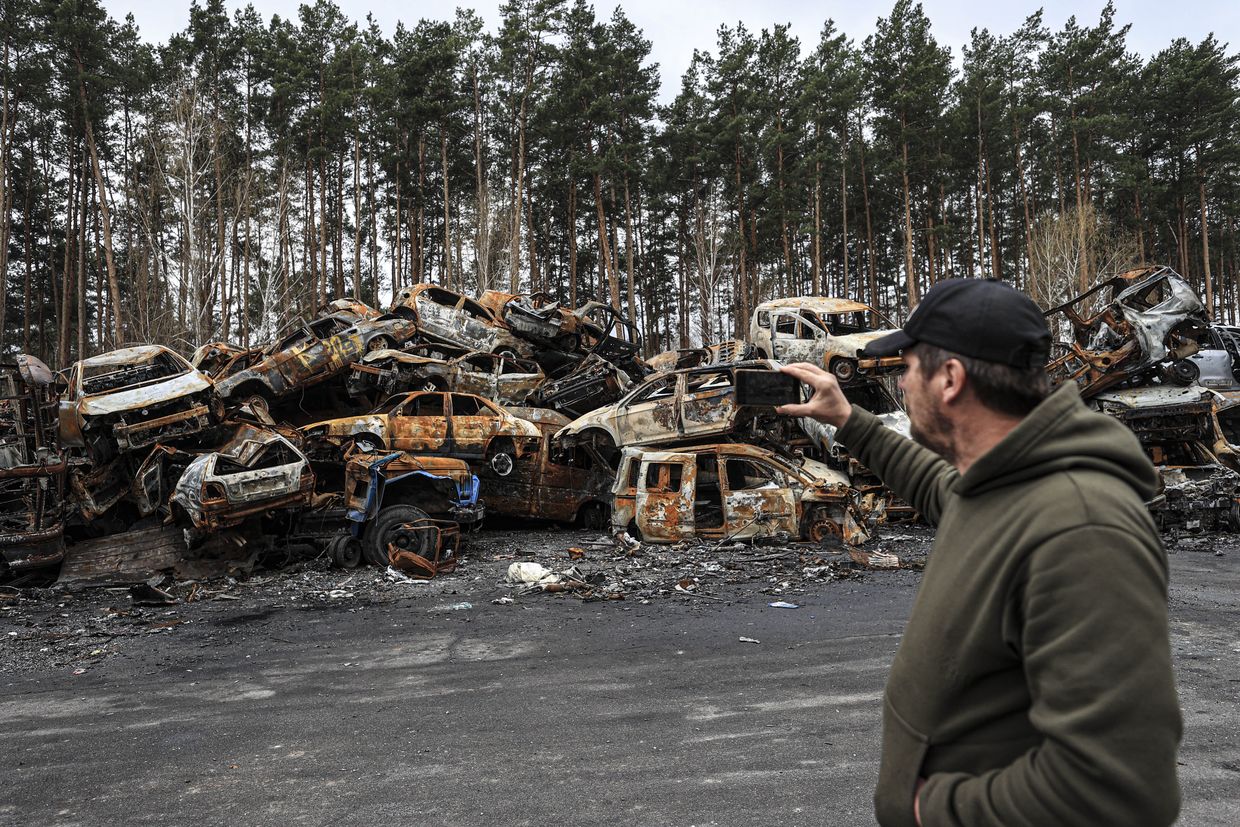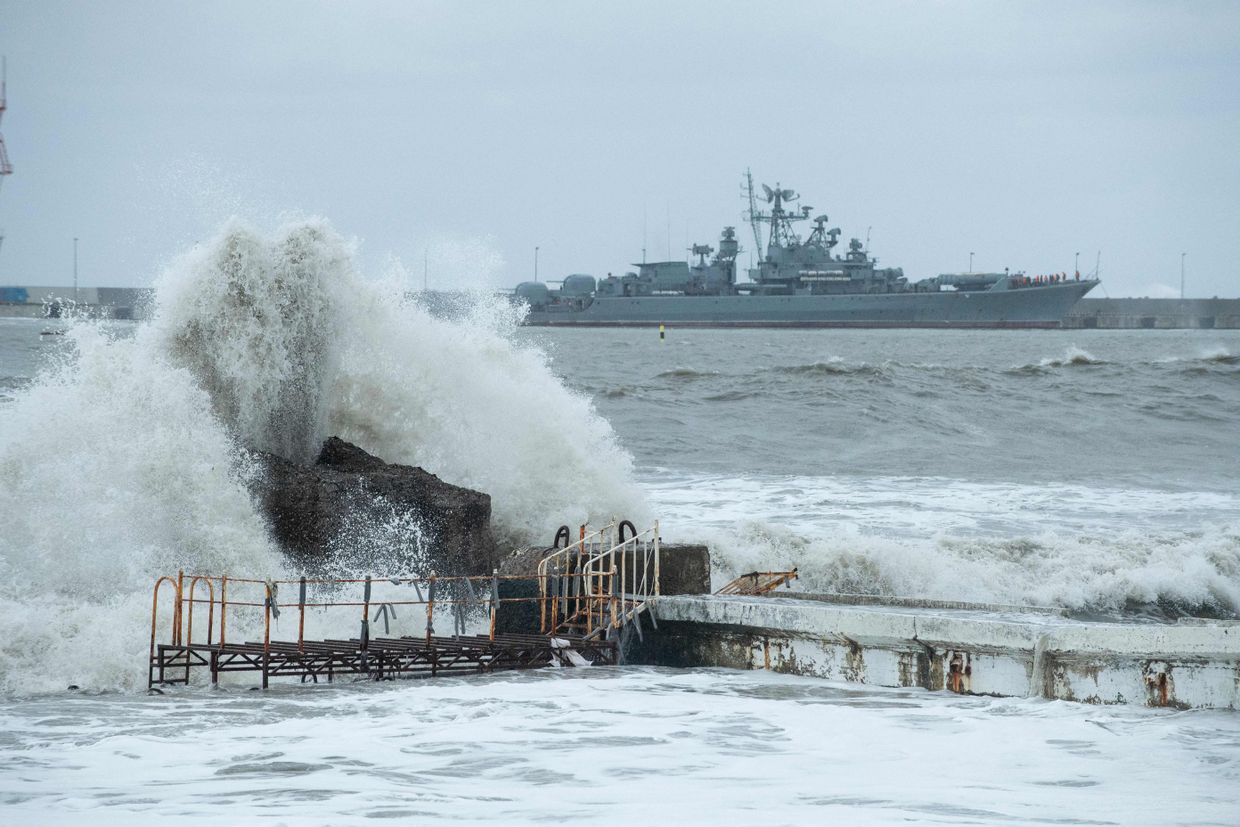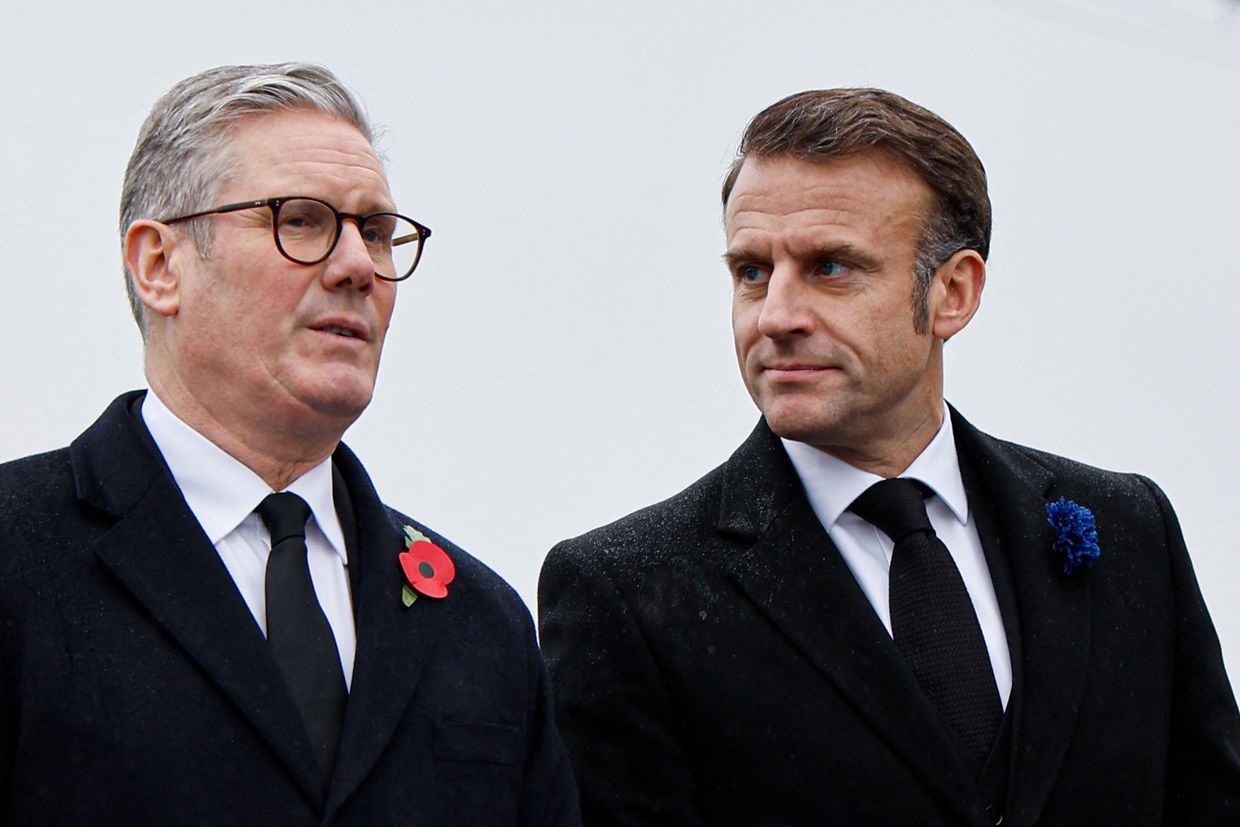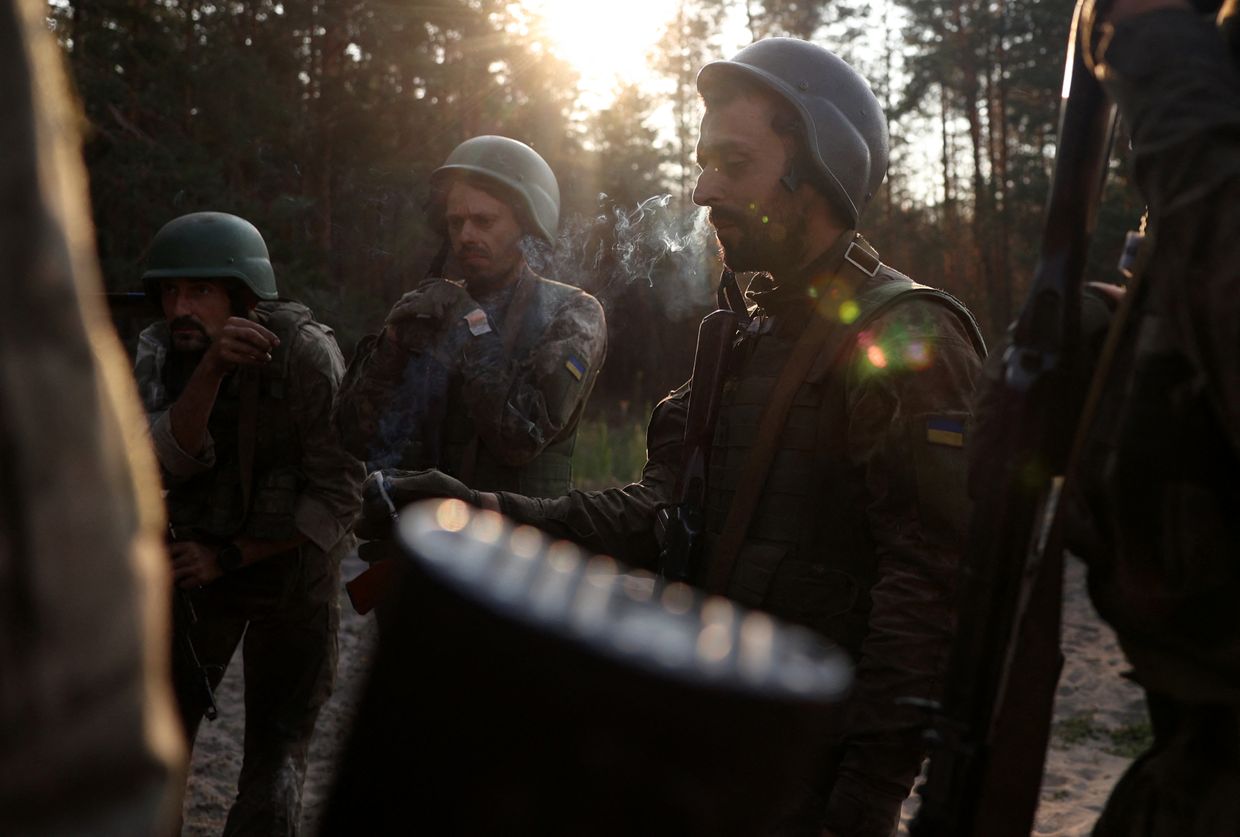Editor's note: The Kyiv Independent is exclusively re-publishing reports prepared by the Canadian Institute of Ukrainian Studies (CIUS) of the University of Alberta. CIUS launched its Media Monitoring Service (MMS) in the spring of 2022 to identify and critically assess dominant narratives, with a special focus on disinformation, in selected key Canadian and U.S. publications regarding contemporary Ukraine.
Find the latest report on the North American media coverage below:
Six publications (Politico,Foreign Policy, The National Interest, Wall Street Journal, Vancouver Sun, and Toronto Star) were selected to prepare this report on how Ukraine has been portrayed in the North American press from Feb. 18 through Feb. 24, 2024. The sample was compiled based on their impact on public opinion as well as on their professional reputation, popularity among the readership, and topical relevance. These publications represent centrist viewpoints on the political spectrum.
Topics featured in the selected articles:
The world and Ukraine: Intelligence diplomacy plays a key role in countering Russian aggression; four myths about Ukraine that are not true.
Russia at war: EU must respond to the murder of Alexei Navalny; five ways the EU can help stop Russian aggression.
Four myths about Ukraine that are not true. Eric Edelman and David J. Kramer (Politico) note that the two years of Russia’s war against Ukraine have dispelled some myths about Ukraine, yet also created new ones. These new myths, fuelled by Russian propaganda, could hinder Washington’s support for Kyiv and thus harm the US itself. According to the authors, four myths in particular weaken US support for Ukraine. The first myth states that “U.S. support will feed an endless war with no possibility of Ukrainian victory.” This belief is manifestly not true. During these two years of full-scale war, Kyiv has liberated a significant part of the territory occupied by Russia since 2014. Moreover, Ukraine has cut Russia’s “conventional capabilities in half, according to estimates from the U.K. chief of defense and the U.S. Director of Central Intelligence. According to Estonia’s Foreign Intelligence Service, Russia has lost 8,300 armored fighting vehicles in Ukraine; this includes 2,600 tanks, 5,100 armored personnel carriers, and 600 self-propelled artillery units.” These impressive results cost the United States “less than 4 percent of the Pentagon’s annual budget.” The “endless war” myth fuels a second myth, that now is the time to reach a cease-fire and start peace talks. In actuality Russia does not want to negotiate, despite its public statements, which “are belied by Russian actions on the ground, including the apparent execution of wounded Ukrainian POWs in Avdiivka and the continued bombardment and killings of Ukrainian civilians, atrocities denied by Russian officials.” Moreover, a ceasefire would simply give Moscow the opportunity to recover its losses and start a new round of violence in Europe. The third myth is that Ukraine is corrupt and run by neo-Nazis—this is also nonsense. Ukraine is led by a Jewish president, and according to an “Anti-Defamation League survey, Ukraine has experienced a significant drop in antisemitic attitudes in recent years.” Similarly, “tolerance for corruption among Ukrainians after the full-scale invasion has dropped significantly.” The last myth is that support for Ukraine would distract the US from key challenges: China and the Middle East. But the threat from China is hypothetical, while the threat from Russia is a going concern—after all, Russia invaded a neighbouring state and seriously damaged the security system of Europe, a key partner of the US. “In dollar terms, Europe is providing more economic assistance to Ukraine than we are […]. As a percentage of GDP, the United States ranks 15th globally in terms of security assistance provided to Ukraine.” According to the authors, “the best strategy for the United States should be Ukrainian victory and Russian defeat—driving every Russian occupying soldier off Ukrainian territory, holding Russia accountable for the war crimes it has committed, and seizing Russian frozen assets to help cover the cost of the destruction Putin has caused.”
US leaders fail to deliver crucial narrative on Ukraine strategy. William McGurn (Wall Street Journal) argues that the prevailing current discourse on Ukraine juxtaposes Joe Biden and Donald Trump as opposites, particularly regarding military aid to Kyiv, but both leaders lack a strategic articulation of their positions. Biden emphasizes the importance of not conceding victory to Putin without explicitly backing a Ukrainian triumph, while Trump dismisses providing anything to Kyiv except loans as “stupid.” The lack of a substantial debate between the two leaves the American populace without a vital discussion on desired outcomes and their rationales. As a result, US policy on Ukraine has drifted into ambiguity and fails to address key geopolitical implications, such as deterring aggression from adversaries like Russia and China. “As expensive as aid might be, the Ukrainians are inflicting enormous damage to a U.S. adversary with a history of aggression toward its neighbors,” the author stresses.
West uncertain on responding to Putin critic Alexei Navalny’s death. Allan Woods(Toronto Star) writes that the death of Russian political activist Alexei Navalny in a Siberian prison camp has sparked international concern and calls for action against President Putin. Navalny’s supporters suspect foul play, citing unusual signs of bruising on his body consistent with convulsions and attempts to restart his heart. However, with Russia conducting its own investigation, including an autopsy, definitive answers are unlikely. In response to Navalny’s death, world leaders are considering various options, including economic sanctions, public condemnation, and support for opposition parties. Yet, there is hesitation due to concerns about potential escalation and the broader implications of such actions: “At its worst, escalation could lead to a wider war that spills over Ukraine’s borders and compels NATO member states to fight, or to a nuclear conflict. Escalation could also lead to harsher treatment or imperil the negotiated release of other political prisoners or opposition figures currently serving time in Russian jails,” including figures like Vladimir Kara-Murza.
Continue to the full report here.












